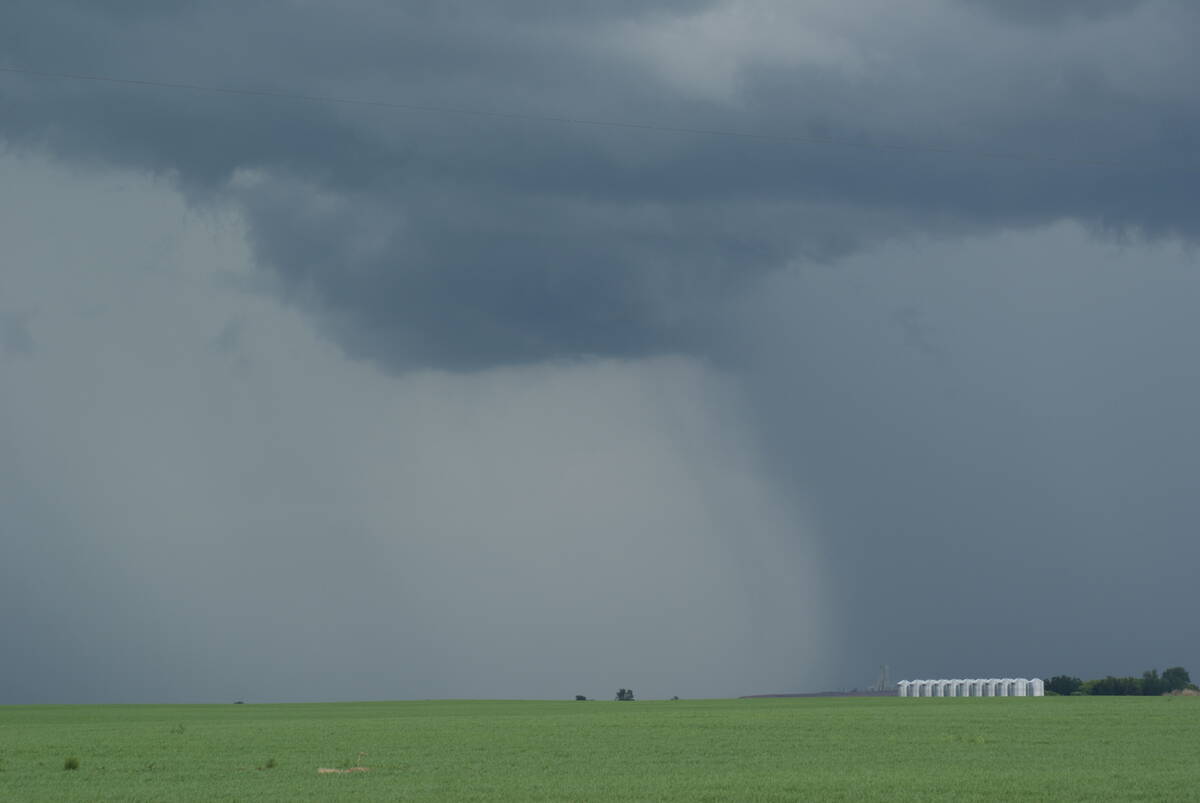TOLL-FREE telephone help lines are almost universally despised because too often they are distinctly unhelpful.
Almost every comedian has a routine about the frustrations of dealing with a nameless and distant service representative who lacks the skill or interest to solve the customer’s problem.
So it was disappointing that when provincial agriculture departments reorganized a few years ago, they replaced rural service centres staffed by local experts with centralized phone help desks.
It is no surprise that an assessment of the change in Alberta found that farmers thought the department had lost relevance since the reorganization.
Read Also

Canadian farmers need new tools to support on-farm innovation
Farmers need a risk management buffer that actually works and investment that drives advancements forward if Canada is to build resilience.
It is good news that Alberta recognized its error and is opening 13 hub offices staffed with agricultural specialists who will re-establish links with the community and restore a degree of personal service when delivering advice, services and programs.
At the beginning of this decade Alberta had more than 50 offices around the province, but cost cutting and a departmental refocusing on adding value to farm agricultural production caused it to shrink its on-the-ground presence.
The story was similar in Saskatchewan, where a call centre and nine regional offices replaced 31 rural service centres in 2004.
Many of the laid-off staff became professional independent agrologists.
They helped fill the extension gap, but their assistance came with an invoice. And naturally their focus was on their clients, not the community.
Agricultural supply company staff also provided excellent product and agronomic information.
But there is more to farming and ranching than knowing what product to use and how to use it.
Agricultural operations are systems that benefit from expert advice on rotations, financial management, succession planning, labour relations, government programs and a host of other issues not associated with products at a farm supply centre.
Government agricultural experts can provide information tailored with local knowledge about these topics. They can deal one-on-one with farmers and more importantly spread information widely through the community by organizing meetings and field days, bringing in speakers and working with community organizations.
The Alberta experience also showed that without local offices, agriculture departments become internally focused, affecting their relevance to farmers.
Regional offices can re-establish relevancy by being conduits for grassroots feedback and advice to reach policy and program developers in central offices.
At a time when criticism and mistrust of government runs rampant, the public image of agriculture departments should not be a faceless voice on a phone line but a helpful neighbour at the counter.
We don’t need to go back to having a government agrologist in every town and village. Improved roads and communications mean rural culture and business now revolves around hub service centres.
Telephone and e-mail help lines can be convenient and efficient providers of some types of information. But they should be the backup to front line services, not the replacement.
Bruce Dyck, Terry Fries, Barb Glen, D’Arce McMillan and Ken Zacharias collaborate in the writing of Western Producer editorials.














